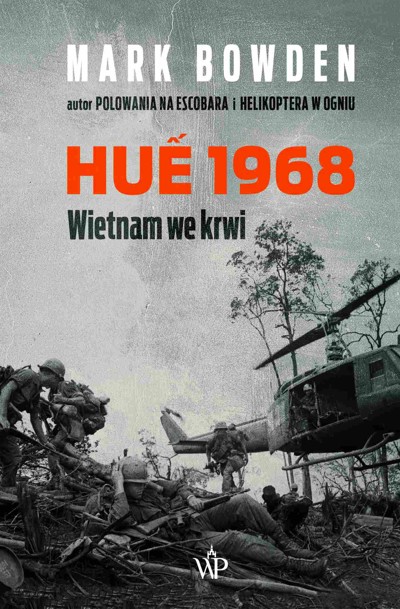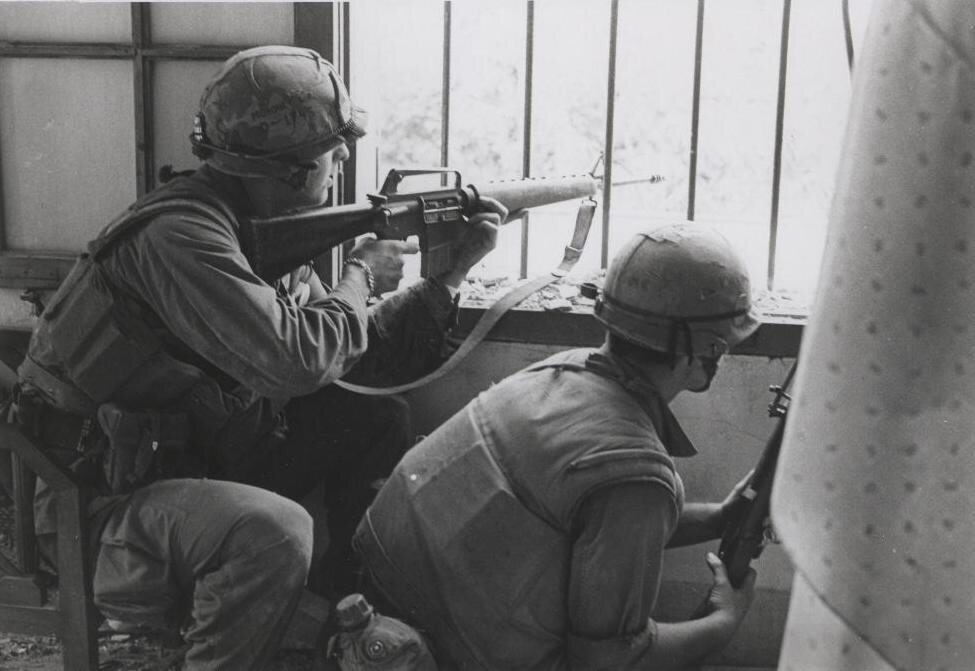
DiLeo watched the round all the way down, and it exploded right in their hole, vaporizing them. (Reading) This is what happened to DiLeo's good friend Walt Loos and the other man in his foxhole, Russell Kephart. If you stayed down in the hole, you were OK unless the mortar had your number and landed right on top of you. It was hell, a death lottery where all you could do was wait your turn. You opened your mouth, and sometimes you screamed out of fear, and it kept your eardrums from bursting. (Reading) The explosion was like a body blow even when it wasn't close. There it would hang, a black spot in the gray sky, for what seemed like a very long beat, the way a punted football was captured in slow motion by NFL Films, before it plummeted straight down at them. From that point on, it was perfectly silent. If he looked up, he could actually see the thing as it slowed to its apogee. DiLeo could hear the pock and then the whoosh of its climbing. They were being launched periodically from only a few hundred yards away. (Reading) The worst thing was the mortars, which rained straight down on them. So it was a harrowing and terrifying experience for him and for all of the men who were there. And it was a - they lost half of their men. And they got trapped in the middle of a field where they were stuck for a day or two essentially with the North Vietnamese taking target practice at them. His name is Carl DiLeo, and he was infantryman with an Army Cavalry unit that had been sent out to push toward the Citadel from the north. Do you want to just set this up and read us this portion? This is a moment where we meet an American soldier who is with an - a unit that is pinned down by North Vietnamese soldiers. I want to begin with a reading of your book. Well, Mark Bowden, welcome back to FRESH AIR.


He's also a national correspondent for The Atlantic and a contributing editor at Vanity Fair. Mark Bowden is the author of "Black Hawk Down" and 12 other books. Bowden interviewed dozens of participants in the battle as well as civilians who suffered terribly and journalists who covered the fighting. The offensive soured many Americans on the war which U.S. Bowden's new book tells the story of the ferocious battle for Hue, Vietnam's old imperial capital and one of the targets of the Tet Offensive of 1968 when Communist forces surprised American troops and their Vietnamese allies with coordinated attacks across South Vietnam.

I think this is the first time the Marine Corps' been street fighting since Seoul in 1950.ĭAVIES: That's CBS correspondent Don Webster reporting on what our guest, Mark Bowden, says was the single bloodiest battle of the Vietnam War and one of its defining events. LAURENCE: Had you ever expected to experience this kind of street fighting in Vietnam?ĬHEATHAM: No, I didn't, and this is my first crack at street fighting. JOHN LAURENCE: What kind of fighting is it going to be?ĮRNIE CHEATHAM: It's house to house and from room to room.


 0 kommentar(er)
0 kommentar(er)
